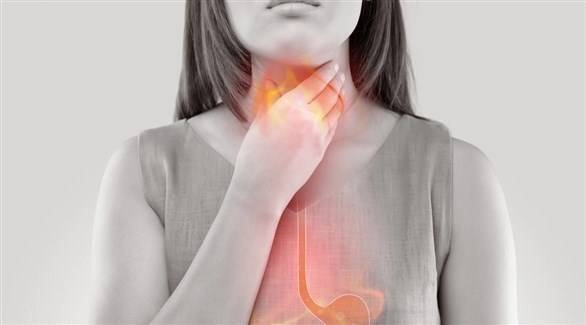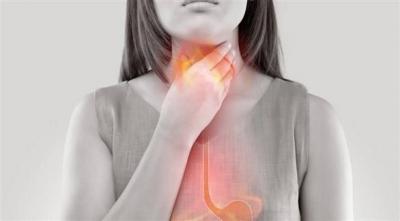The Federal Center for Nutrition states that consuming heavy and rich meals often leads to heartburn, where the affected person feels a burning sensation in the chest behind the sternum and the area above the stomach, and the pain may rise to the neck region. Heartburn is typically associated with acid reflux, which is the main symptom of gastroesophageal reflux disease (GERD).
To tackle these issues, the German center recommends walking after meals, as walking helps to speed up digestion and empty the stomach. It is also advisable to drink plenty of water, at least one and a half liters daily, since water stimulates the digestion process.
To prevent heartburn from occurring, one should eat several small meals instead of consuming a large amount of food at once, as heartburn arises from significant pressure on the sphincter at the entrance of the stomach. Additionally, fatty foods should not be eaten late in the evening, as troubles often occur when lying down. Therefore, it is advisable to spend some time upright before going to bed.
### Consulting a Doctor
If heartburn occurs repeatedly, it is important to consult a gastroenterologist, as this may indicate the potential for gastroesophageal reflux disease. Suspicions of GERD increase if heartburn is accompanied by other symptoms such as difficulties swallowing, burning in the throat, bad taste in the mouth, feeling of fullness, stomach rumbling, hoarseness, nausea, and vomiting.




